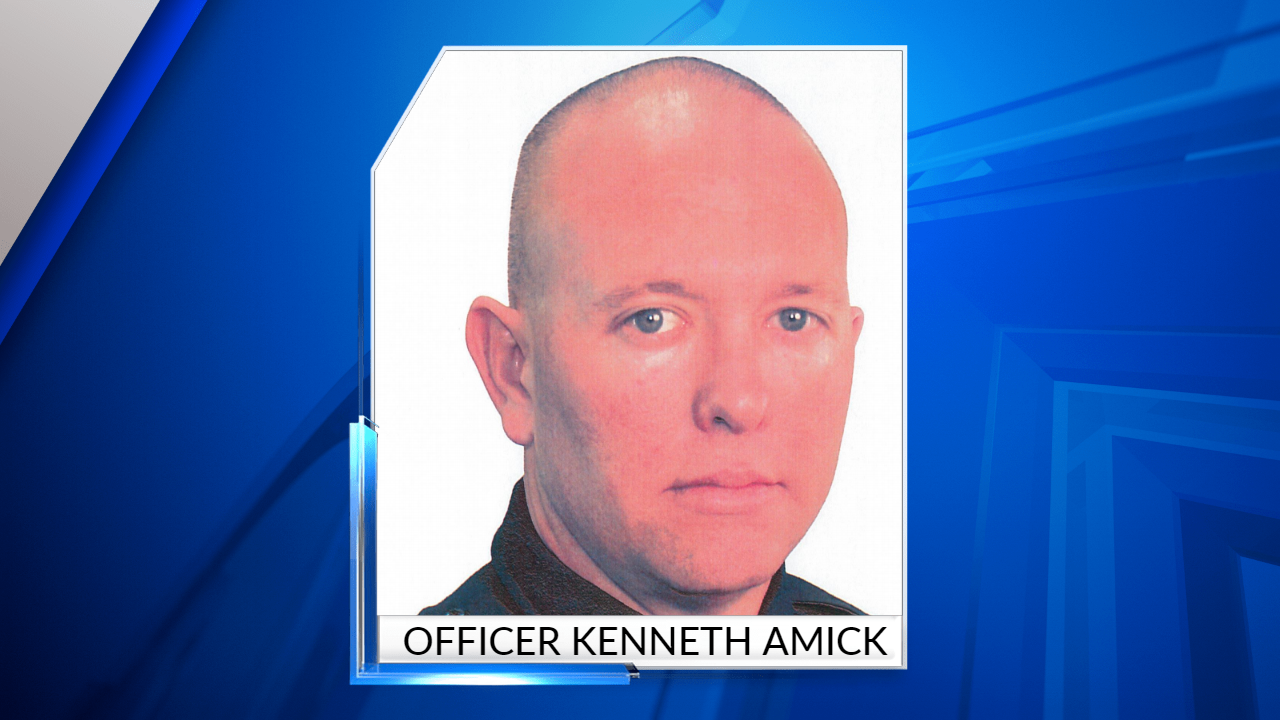GREELEY, Colo. (KDVR) — A Weld County judge has granted a police officer’s request to prevent the release of body cam evidence before his trial.
Greeley Police Officer Ken Amick was charged with second-degree assault/strangulation on June 28 after he allegedly put a suspect in a chokehold on June 7.

Under a new Colorado statute signed into law July 6, officer body cam is supposed to be released within 21 days anytime a complaint is filed against an officer. The law does allow prosecutors to delay the release up to 45 days if a criminal case in pending, like in the Amick case.
But the measure also includes a lesser known provision that allows police officers to object to the video’s release entirely.
Police officers and their defense have 21 days after receiving the video to file an objection with a judge who then must hold a hearing in seven days.
That’s what happened Friday morning in a Greeley courtroom, when Amick’s defense attorney David Goddard told the judge it would be prejudicial to release body cam to the public before his client had gone to trial.
Goddard found an ally in Weld County Deputy District Attorney Timothy McCormack who told judge Vincente Geraldo Vigil that releasing the video might taint a future jury pool.
“If this matter were to proceed to trial, it is important that it not be tried in the court of public opinion,” said McCormack during the hearing.
McCormack told the judge he understood the legislature’s intent to be transparent with the public but said releasing the video before trial would have consequences.
Vigil said the House Bill-1250 created an “assumption” to release body cam, but noted ultimately it gave judges discretion. Since both the prosecution and defense were in agreement, Vigil granted the motion to bar the release of four body cams that captured the June 7 arrest of Matthew Wilson for an outstanding warrant.
Vigil added that he might reconsider his decision if the victim in the case, or a media outlet filed an objection to the body cam being suppressed until trial.

